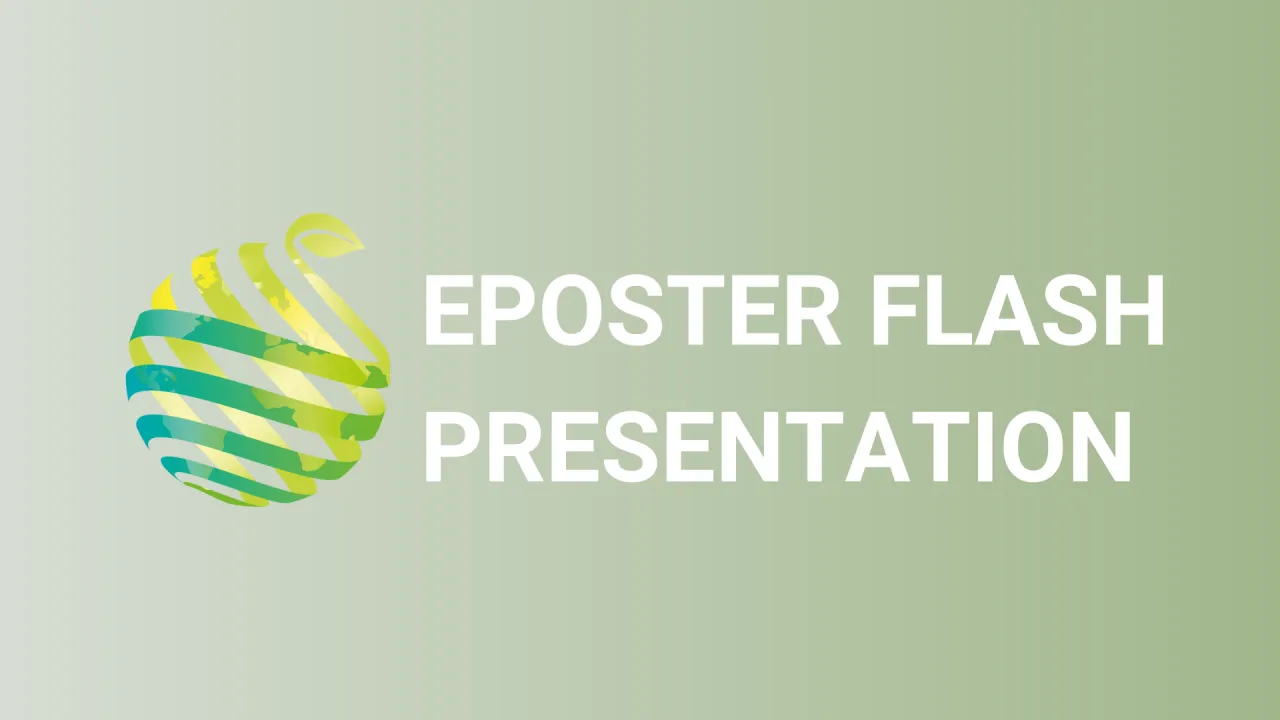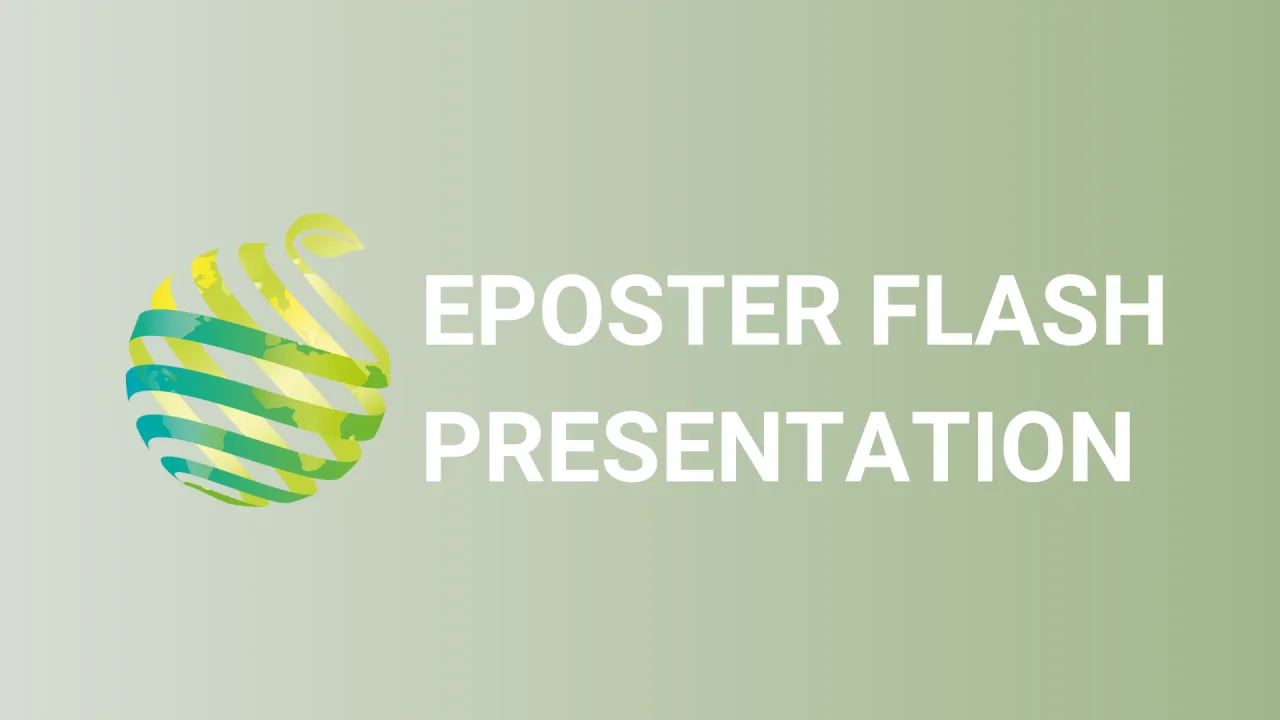

S21 - Session P1 - Growth response of a ratoon crop of plantain (Musa AAB) cv. Agbagba to a plantain thrash-based compost
Information
Authors: Isaac Ore Aiyelaagbe *, Rasidat Seriki
Plantain (Musa AAB) is a stapple food for more than 15 0million people in West and Central Africa. To meet the increasing demand for it in these subregions, the productivity of plantain plantations has to be increased. Previous studies have shown that high yields of plantain grown on marginal soils cannot be sustained with mineral fertilizers alone;rather this must be accompanied by high soil organic matter. Thus, strategies to increase productivity of plantain farms must incorporate practices that build the soil organic matter. Consequently, between August 2013 and January 2014, an investigation was undertaken to determine the optimum rate of compost for plantain in a four-year old plantain cv. Agbagba farm at the Federal University of Agriculture Abeokuta, southwest Nigeria. The aim was to determine the efficacy of compost derived from plantain thrash, poultry manure and wood ash (3:2:1 v/v) applied at 10, 20 and 40 t/ha on the growth response of the third ratoon of a plantain orchard established on a sandy loam soil. No compost application served as control. Compost rates did not significantly affect number of leaves and leaf area. Furthermore, the effects of 10, 20 and 40 t/ha on plant height and canopy diameter did not differ significantly from one another, but they all produced significantly higher values for these parameters than control. The effects of 10 t, and 40 t compost /ha on stem girth did not differ significantly from those of control, but 20t compost/ha elicited significantly larger stem girth than control. It also enhanced N and K content of the soil compared with other application rates. Results suggest that 20t/ha of a plantain thrash-based compost suffice for boosting the growth plantain on a moderately fertile soil in southwest Nigeria. The study needs to be complimented by data on fruit yield to make a conclusive inference.